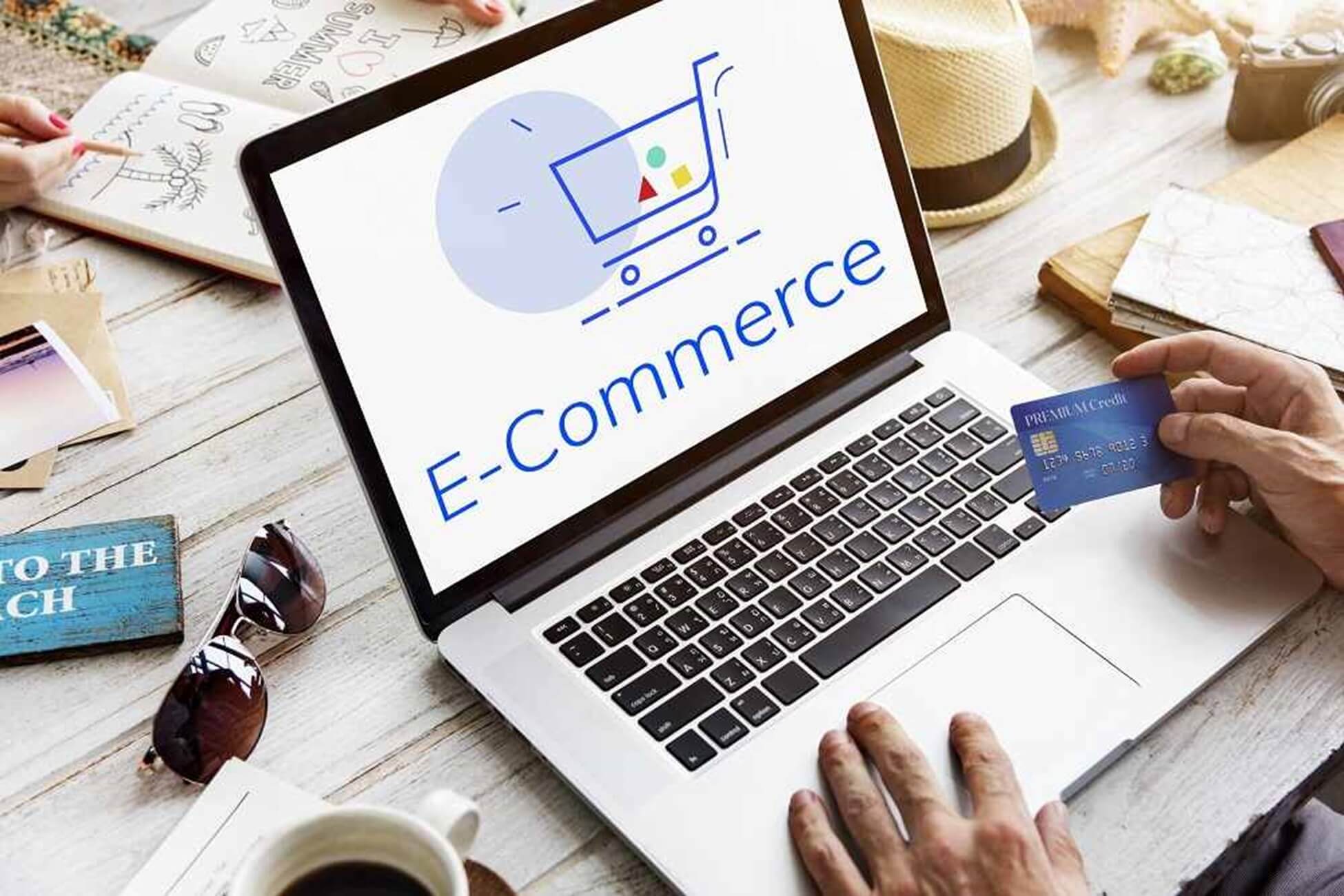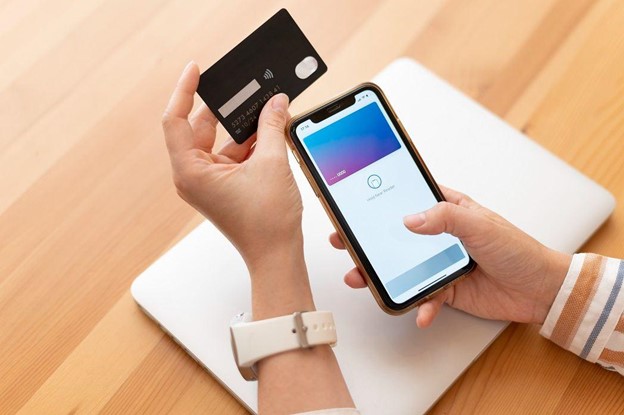How A.I. Can Supercharge Our Payment Gateway Game

A McKinsey article released in 2021 turned the spotlight on how the Middle East is steadily embracing digital payments and moving away from conventional cash transactions. Factors responsible for this paradigm shift include smartphone penetration at 80-90%, advanced regulatory initiatives, the recent health crisis, and the emergence of forward-thinking payment gateway providers.
In fact, the UAE witnessed a 9% annual growth rate in digital transactions between 2014 and 2019, while card payments in Saudi Arabia shot up by over 70% from February 2019 to January 2020. As per McKinsey’s survey, 60% of respondents in the Middle East revealed that digital wallets are likely to be the most preferred payment mode in the coming years, followed by cards (both credit and debit) and bank transfers. And payment gateways are all set to capitalize on this trend. Artificial intelligence in payment processing is especially setting the wheels in motion to create a win-win scenario for both sellers like you and buyers. Let’s try and understand this better now.
Why Artificial Intelligence (AI) is the Way to Go for Payment Gateways?
We live in a world where technology is driving the operational efficiency, cost optimization, profitability, and scalability of practically every business. Hence, leading providers like PayTabs enhancing payment gateways with AI doesn’t really come as a surprise, given the multiple perks of doing so. Here is a detailed look at how AI is changing the game of digital transactions:
• Bolstering Security
Fraudsters, hackers, and scammers are getting smarter every day and devising unique ways to steal sensitive information and private data. And unless the right measures are taken, online transactions increase the risk for both sellers and shoppers. Luckily, AI can step in here to detect malicious intent and action, stop unauthorized access, and shield both parties against various cyber threats. It can alert you about fraudulent transactions with the help of cutting-edge algorithms and analysis done in real-time. Using security strategies like predictive analytics and biometric verification can help strengthen your security system and earn the customer’s confidence.
• Getting Personal for Good
Understanding customers is simple with artificial intelligence in payment processing. From their habits and preferences to purchase patterns and challenges, you can get a good idea of everything you need to forge a deep bond. In other words, AI can make sense of large chunks of data that are captured when you enable customers to pay you digitally. By selecting a suitable AI-driven payment gateway, you can lend a personal touch to every shopper’s experience and nudge them to buy products they find useful or relatable. Even if you have a customer base that is growing slowly, cross selling vs upselling in this way can bring in more revenue. AI can also motivate shoppers to buy more by offering customized deals or discounts. For a quick checkout, it can automatically present them with their favorite method of payment. In the long run, this will retain more customers and drive loyalty.
• Speeding Up Processing
When you go for a gateway that thrives on AI, you can handle numerous, large, or complex transactions easily, even during holidays and sales. AI not only streamlines and automates manual, repetitive actions wherever possible but also minimizes mistakes. It also eases the integration of the gateway with multiple platforms, whether it’s a website or mobile application. Moreover, customers can enjoy a hassle-free experience across tablets, laptops, desktops, and smartphones. In fact, enhancing payment gateways with AI helps in picking the smoothest transaction method with the highest probability of success. The technology can also reroute a transaction in case data indicates that the particular method failed in the past.
• Preparing You for Global Expansion
If you want to expand to new shores and grow beyond the Middle East, you need a payment gateway that helps you accept multiple currencies from different parts of the world. Currency exchange should be a cakewalk, and the processor should be able to handle all rules and regulations associated with international transactions. An AI-powered gateway is the answer. This way, you can stay on the right side of the law while ensuring glitch-free cross-border transactions. Another plus is that AI helps localize the user experience so that no matter where you choose to branch out, your potential customers will get a payment interface and process that aligns with the language they use, their culture, tastes, and more.
• Making Customer Service Efficient
With artificial intelligence in payment processing, it is possible to cater to customers at any time. Unlike human customer support executives, virtual assistants and chatbots don’t need rest and are always available. AI also empowers them to handle a wide array of commonly asked questions easily and promptly. The best gateways also throw natural language processing (NLP) into the mix so that customer service feels human and relatable. Whether a customer is looking for a certain kind of product, discounts, or past transactions, AI-driven bots can tackle it all.
• Keeping the System Running Smoothly
We live in a world where it is possible to lose a customer even if there is the slightest snag during checkout or the payment gateway is not working for even a couple of minutes. AI can deal with this challenge easily by anticipating and troubleshooting problems before they crop up or blow out of proportion. This technology can automatically supervise and test the gateway at regular intervals, ensuring the payment process works without hiccups. Since there is no need for human intervention, you will have more time and energy to focus on core business aspects. Moreover, AI will help you use the gateway’s bandwidth judiciously and spread transactions evenly across servers. Hence, the overall system will be fast and smooth. You won’t have to worry about conducting updates by due dates, either.
• Taking Profitability to New Heights
Top players like PayTabs offer AI-powered payment solutions to help businesses enhance profit margins, irrespective of size or nature of establishment. They enable you to accept payments on time, safely, and efficiently. This leads to a positive and stable cash flow. The best gateways also charge you competitively, and there are no hidden costs. Features like advanced data analytics help you identify strengths and weaknesses and zero in on techniques to boost future sales and revenue. AI-driven gateways can drive operational efficiency by automating and streamlining most processes. It can also reduce or eliminate the cost of human-induced errors on the way. Apart from handling large transaction volumes and forecasting demand, you will be able to allocate resources properly, minimize cart abandonment, and leverage customer feedback to boost satisfaction levels. All of that will translate to a better bottom line.
In a Nutshell
In the coming years, using artificial intelligence in payment processing will not only be preferable but essential. You will need an AI-backed payment gateway to stay relevant and thrive in a fast-evolving environment dominated by ecommerce. However, the presence of multiple providers can make it difficult for you to make a decision easily. Hence, make sure you exercise due diligence. Gather adequate information about at least a few providers, request demos, compare their services and quotes, and don’t forget to check testimonials. Remember that the one you choose should not only align with your business’s unique needs but also your budget.






